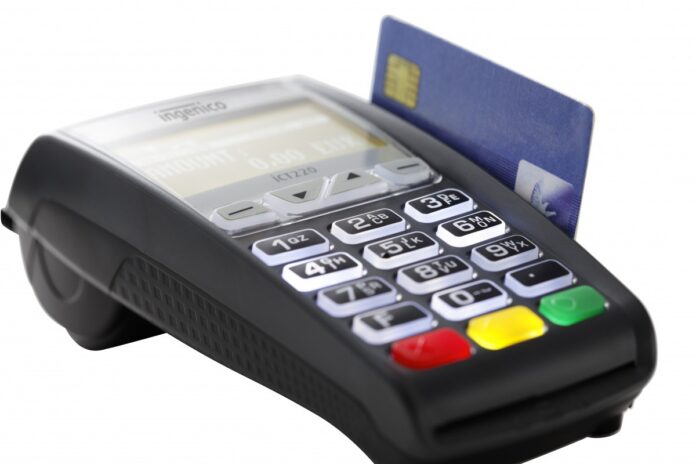The Zimbabwean government is set to make Point of Sale (POS) machines a mandatory requirement for all businesses seeking operating licenses, a move aimed at enforcing compliance with monetary regulations and driving the adoption of the Zimbabwe Gold (ZWG) currency.
This declaration was made by Industry and Commerce Minister, Mangaliso Ndlovu, during a recent Zanu-PF Matabeleland South Provincial Co-ordinating Committee (PCC) meeting in Gwanda.
“There are some traders who are saying they don’t accept the ZWG yet it’s the official currency, which we have in the country,” Minister Ndlovu stated as he highlighted the ongoing resistance to the new currency.
The government’s decision comes in response to concerns about businesses, particularly in urban areas, deliberately frustrating the use of local currency and, where accepted, exploiting consumers with inflated prices based on black market exchange rates.
“From January next year, we expect every business to have a POS machine. We will work on ensuring that rural communities get network as it will be difficult for business owners there to use POS machines without network. It’s important for our currency to be used by everyone in the country,” Minister Ndlovu added.
The government is addressing the challenge of network connectivity in remote areas, aiming to eliminate the excuse of limited access as a reason for refusing transactions in local currency. The move aims to ensure that the ZWG, introduced in April this year, is widely accepted across the country.
“Let’s go out there and tell the people about the ZWG and encourage people to use it. As the party, we have an important role to play in enhancing Government policies and development strategies,” Minister Ndlovu emphasized.
The introduction of the ZWG has already yielded positive results, leading to price stability and lower inflation. These positive developments are attributed to the measures implemented by the Reserve Bank of Zimbabwe (RBZ) and the Second Republic, including controlling the money supply and building gold and foreign currency reserves.
This crackdown has resulted in the freezing of 522 bank accounts belonging to companies and individuals, along with hefty fines imposed on 140 entities and individuals for violating exchange control regulations.
The focus of the crackdown is on suspicious transactions, including the use of multiple bank cards, dealing in foreign currency, and inconsistent shopping behaviour. The informal market, a breeding ground for ZWG currency sabotage, is under close scrutiny.
RBZ Governor, Dr John Mushayavanhu, remains confident that the introduction of the ZWG will bring lasting stability to the economy, boost business operations, and promote savings, aligning with the recent Monetary Policy Statement.












